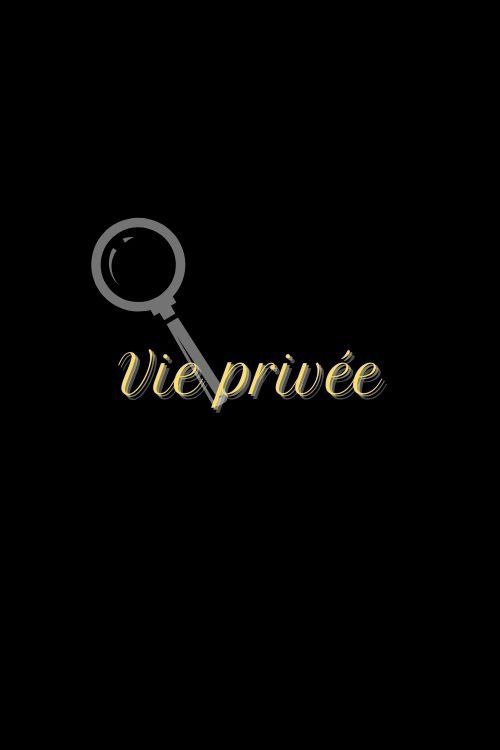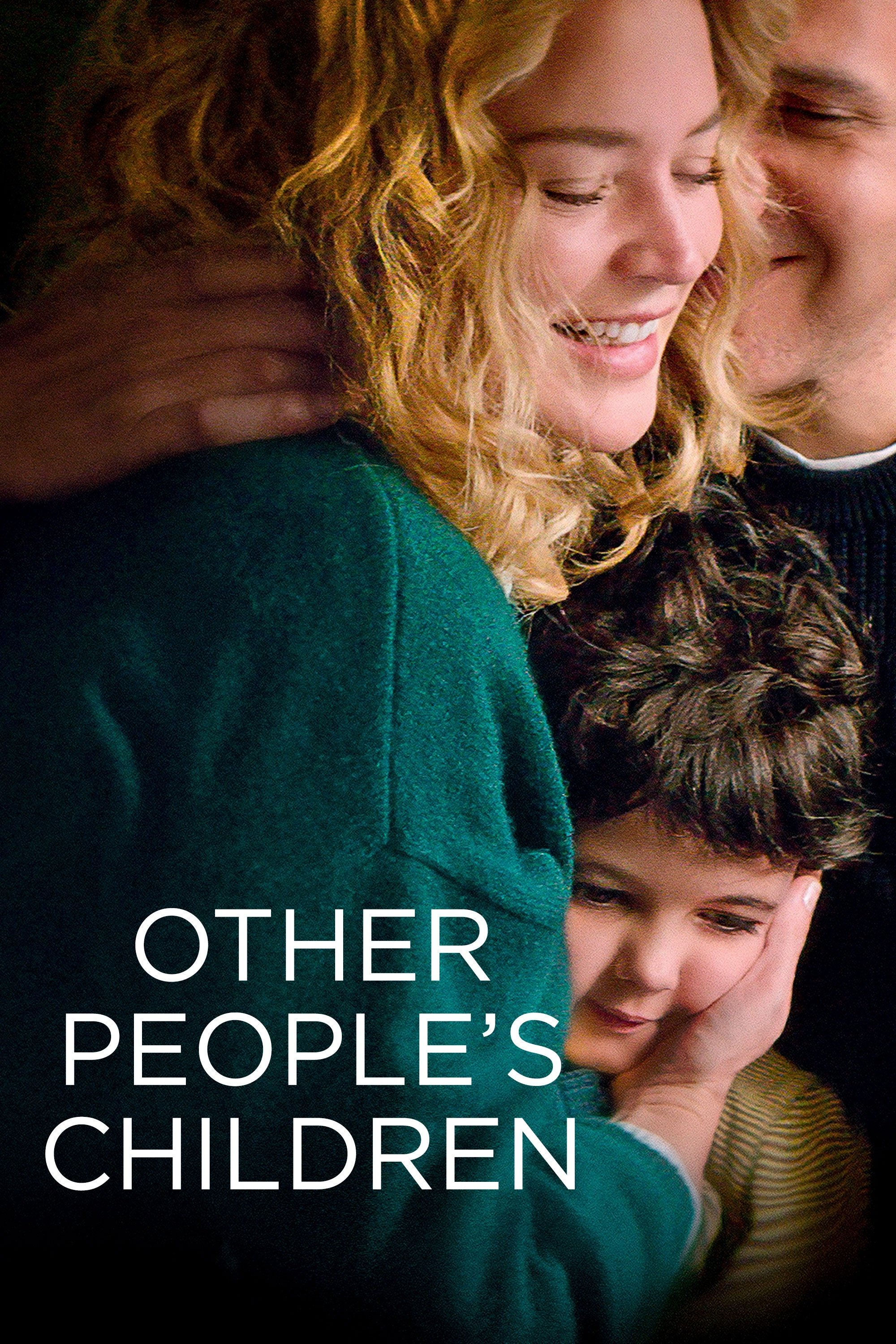

When renowned psychiatrist Lilian Steiner learns of the death of one of her patients she is deeply troubled. Convinced that it was murder, she decides to investigate…

An aspiring author looking to get more out of life takes up a writing residency and finds herself in the sort of romantic entanglements that could come from the pages of a Jane Austen novel.

As an imminent construction project looms over their beloved small-town baseball field, a pair of New England rec-league teams face off for the last time. Tensions flare up and ceremonial laughs are shared as an era of camaraderie and escapism fades into an uncertain future.

When aimless Manon begins work at À mon seul désir, a strip club that offers high concept performances, she instantly bonds with her fellow strippers, particularly Mia, an aspiring actress with a boyfriend and child. Manon learns that it is “not easy money, but fast money” and when she finds herself falling for Mia, she is forced to question her priorities as she explores her newfound erotic life.

Rachel loves her life, her students, her friends, her ex, her guitar lessons. When she falls in love with Ali, she grows close to his 4-year-old daughter, Leila. She tucks her in, looks after her, and loves her like a mother... which she isn’t. Not yet. Rachel is 40. The desire for a family of her own is growing stronger, and the clock is ticking. Is it too late?

A large and beautiful property on the French Riviera. A place that seems out of time and sheltered from the rest of the world. Anna goes there with her daughter for a few days of vacation. Amidst her family, friends and the house staff, Anna has to handle her fresh break-up with her partner and the writing of her next film.
Frederick Wiseman is an American filmmaker, documentarian, and theatre director. Documentarian Frederick Wiseman has been noted for his ability to capture the nuances of life in American institutions such as prisons, hospitals, welfare offices, and high schools. He started out in 1963 by producing a fictional feature film, The Cool World, an examination of the lives of Harlem teenagers. In the beginning, Wiseman was a staunch social reformist, and his films were calls for change. Titicut Follies, his first documentary, is an exposé of life in a prison for the criminally insane in Bridgewater, MA. It was controversial and left Wiseman with the reputation of being a muckraker. His four subsequent documentaries were all exposés of other tax-supported institutions designed to show the ineffectiveness of the bureaucracy that not only threatens to destroy them, but also dehumanizes the people they were meant to serve. Wiseman toned down his message and began focusing more on American culture to point out the symbolism of daily activities in his film Primate (1974). In the ‘80s, he began examining institutions as they relate to ideology. Unlike other documentaries, Wiseman’s work does not progress chronologically; rather, the segments are arranged thematically, like an essay, and are linked via rhetorical devices such as comparison and contrast to create a patterned structure. His films are never narrated, thereby forcing viewers to make connections between the sequences themselves. Wiseman has occasionally returned to fictional films, albeit in a non-fiction performance style, as with Seraphita’s Diary (1982) and La Derniere Lettre (2002).